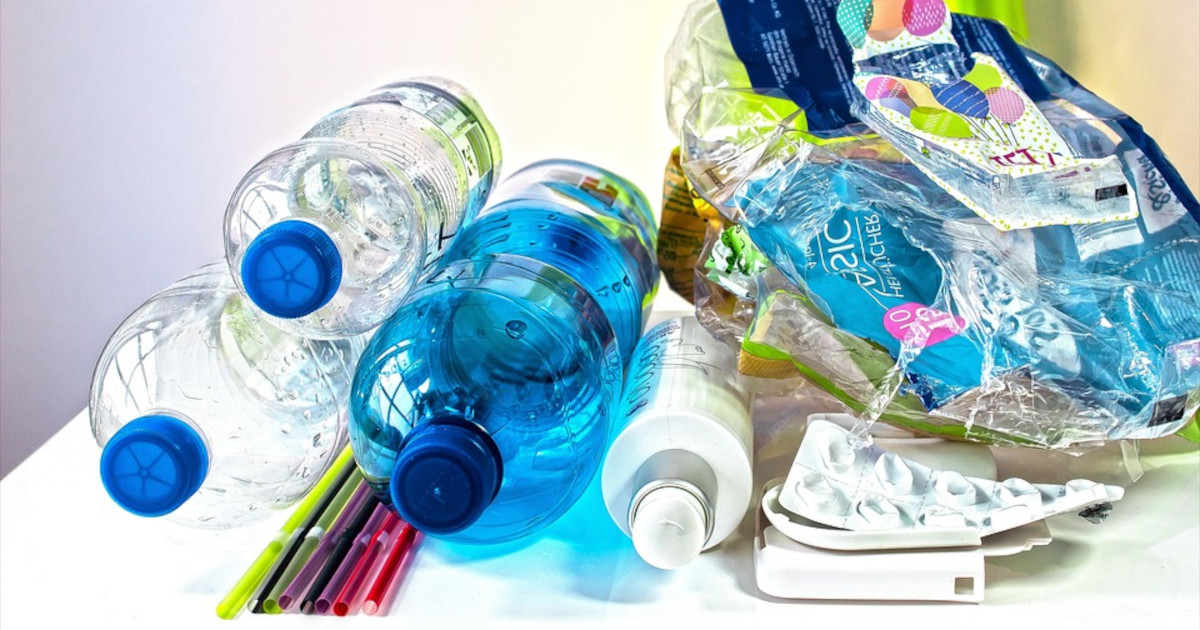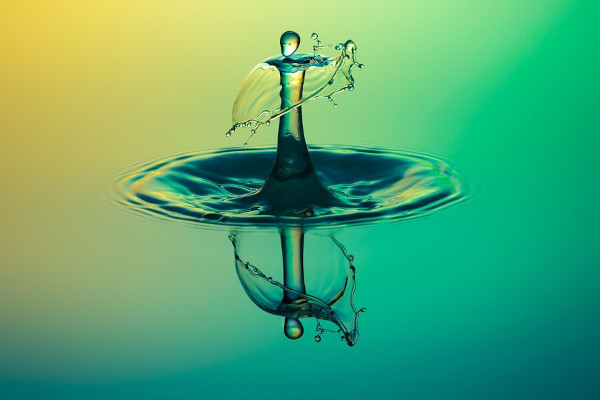Featured Information

Recycling plastic water bottles is an essential step in reducing waste and minimizing the environmental impact of plastic pollution. Here’s a guide on recycling plastic water bottles:
Check Local Recycling Guidelines
Recycling programs can vary by location, so it’s important to familiarize yourself with your local recycling guidelines. Contact your municipality or visit their website to understand which types of plastic are accepted and how they should be prepared for recycling.
Empty and Rinse
Before recycling, empty the water bottle and rinse it thoroughly to remove any remaining liquid or residue. Emptying and rinsing the bottle helps prevent contamination and ensures a more effective recycling process.
Remove Caps and Labels
In some recycling programs, it’s necessary to remove bottle caps and labels before recycling. Check your local guidelines to determine if this step is required. Plastic bottle caps are often made from a different type of plastic than the bottle itself, so they may need to be recycled separately.
Flatten if Applicable
Flattening the water bottle can save space and make it easier to handle during the recycling process. However, be sure to check local guidelines, as some recycling programs prefer bottles to remain in their original shape.
Sort and Separate
If your local recycling program requires sorting plastics, separate the water bottles from other recyclables according to the guidelines provided. Placing them in the designated recycling bin or bag will help streamline the recycling process.
Recycling Options
Plastic water bottles can typically be recycled through curbside recycling programs, drop-off recycling centers, or specialized recycling facilities. Consult your local recycling program to determine the most convenient and accessible recycling option for you.
Consider Refillable Options
To further reduce waste, consider using refillable water bottles instead of single-use plastic ones. Refillable bottles can be reused multiple times, significantly reducing the amount of plastic waste generated.
The Benefits of Recycling Plastic Water Bottles
Conservation of Resources
Recycling plastic water bottles helps conserve natural resources like petroleum, water, and energy. It reduces the need for virgin plastic production and the extraction of raw materials.
Waste Reduction
By recycling, plastic water bottles are diverted from landfills, reducing the amount of plastic waste that accumulates in the environment.
Lower Greenhouse Gas Emissions
Recycling plastic requires less energy compared to producing new plastic. This results in lower greenhouse gas emissions, contributing to efforts to combat climate change.
Circular Economy
Recycling plastic water bottles supports the concept of a circular economy by reintroducing materials back into the production cycle. This reduces the reliance on finite resources and promotes a more sustainable approach to resource management.
Recycling plastic water bottles is an important step toward a more sustainable future. By following local recycling guidelines and encouraging others to do the same, we can collectively reduce plastic waste and contribute to the preservation of the environment.


